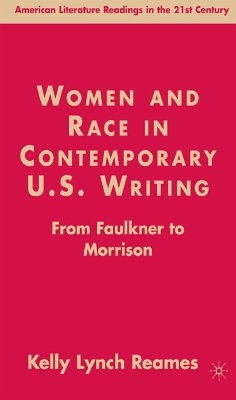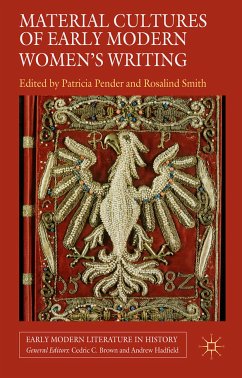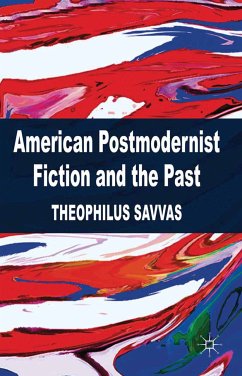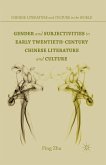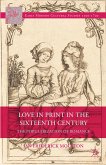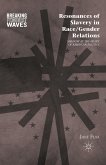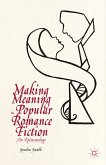Dieser Download kann aus rechtlichen Gründen nur mit Rechnungsadresse in A, B, BG, CY, CZ, D, DK, EW, E, FIN, F, GR, HR, H, IRL, I, LT, L, LR, M, NL, PL, P, R, S, SLO, SK ausgeliefert werden.
'In this important new work, Reames presents cogent analysis of relationships between African American and white women, both in and through American literature.By examining an impressiverange of texts, Reames demonstrates how the tensions between black women and white women cannot begin tobesolved until white women work to become more aware of their whiteness.By interrogating literary depictions of relationships between black and white women, she exploreshow thoughtful readers - especially white feminists - can learn to raise their consciousnesses as they read works by and about black women and thus seek to prevent a reinscription of racist hegemony.While engaging her predecessors, Reames's original perspectives provide a needed addition to scholarship on race and gender dynamics in American literature.' - Kristine Yohe, Associate Professor of English, Northern Kentucky University

